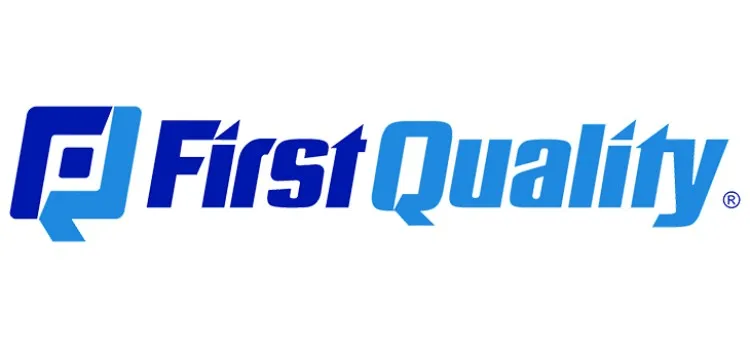By David Pinto
For as long as most of us can remember, the tug of war between chain drug retailers and their suppliers was one of relatively equal strength. Retailers came to the battle armed with that most valuable of commodities, shelf space. Suppliers joined the fray with the advantage virtually all Americans craved: brand names.

The result was, in the main, a draw. Without brand-name representation, retailers had little to offer their customers. Without significant shelf space, branded suppliers had few alternatives for reaching their primary, and very eager, audience.
Times, like retailing itself, have changed. For the moment at least, the pendulum appears to have swung in the direction of the drug chains. Indeed, for the first time in a long time, branded suppliers can be heard complaining about a playing field that is no longer level. This, despite the fact that online retailing appears to be gaining significant traction — apparently providing branded suppliers with a huge edge in their battle to gain retailer compliance.
To state that this development is hurting the retailer-supplier balance is to state the obvious. Retailer-supplier relations have worked to the benefit of both parties for a very long time. Indeed, it is this balance that has provided prosperity for both parties. After all, what branded supplier passed up the opportunity to land first on Walgreens’ shelves? Conversely, what drug chain missed the chance to offer the latest Procter & Gamble brand, given the added incentive of P&G’s advertising clout?
What’s changed? Almost everything. First, house brands, propelled by higher brand-name prices, have regained the luster they once enjoyed, buoyed by the new creativity retailers are bringing to the category. No longer are house brands a less-than-equal alternative to name brands. Rather, they have emerged as a very viable alternate, propelled by attractive pricing and product quality that, in many instances, is equal to that of their branded opposites.
Then, too, drug chains, particularly regional retailers, are more confident in their ability to thrive in today’s marketplace. With good reason. While the major drug chains find themselves struggling to gain traction against non-drug competitors, regionals are offering local customers a formula they once dismissed as of little use: successfully customizing their offering to customer preferences. As this formula has gained traction, branded suppliers have lost traction.
Third, the rise in shrink at retail, propelled in part by the brazen theft of sought-after merchandise, has compelled drug chains to put much of their assortment under lock and key. Result: Consumers, tired of asking for help to unlock the shelves when no help is quick to respond, have resolved to get tougher with suppliers. For their part, suppliers, recalling the halcyon days for retailer-supplier relationships, have responded with insufficient response — other than complaining to anyone willing to listen that things are not what they used to be. And may never be that way again.
This is not a healthy situation for the chain drug community. Retailers, acting much like bullies, have already lost. Indeed, suppliers are loudly bemoaning the fact that chain drug buyers and merchants today are not nearly as knowledgeable and as creative as they once were. For their part, suppliers, accustomed to having their way, are busy griping that this is no longer the case — their complaints too often falling on indifferent ears.
What’s the answer? As has so often been the case in the past, this is a job for the National Association of Chain Drug Stores. How, and indeed whether, NACDS is prepared for the assignment, is a question still to be answered. But if the association is all that its advocates have long insisted, this is indeed a job that it can, and must, meet head on.









